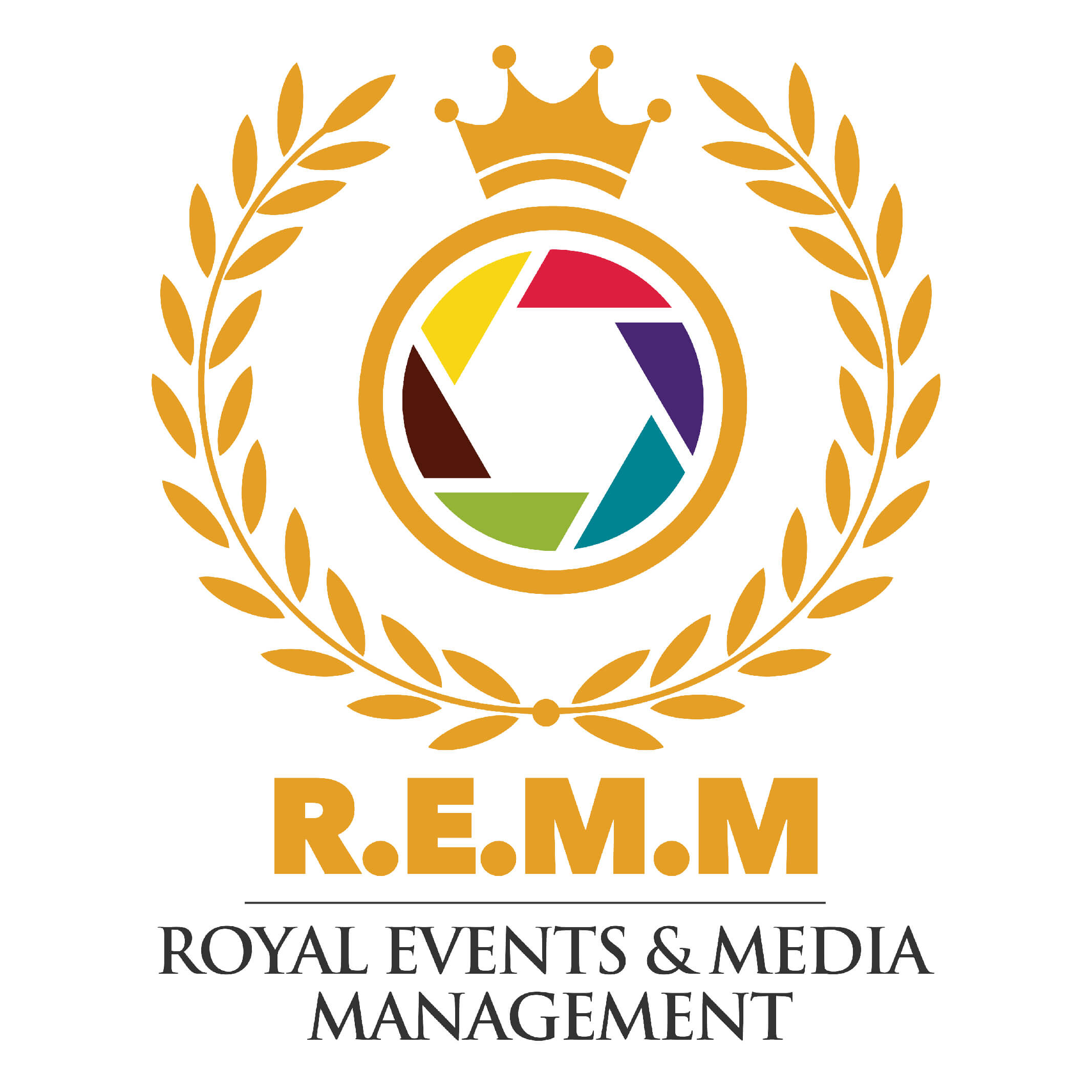In the fast-paced world of event planning, staying organized and efficient is key to delivering successful events. Fortunately, advancements in technology have revolutionized the way event coordinators manage and execute events. From streamlining registration processes to enhancing attendee engagement, event management tools and software offer a wide range of features to simplify tasks and optimize workflows. In this blog post, we’ll explore the benefits of leveraging technology and highlight essential event management tools for coordinators.
1. Event Registration and Ticketing Platforms
Streamline the registration process and manage ticket sales effortlessly with online registration and ticketing platforms. These tools allow coordinators to create customizable registration forms, accept online payments securely, and track attendee information in real-time. Popular platforms include Eventbrite, Cvent, and RegFox.
2. Event Management Software
Comprehensive event management software solutions offer all-in-one functionality for planning, organizing, and executing events of any size. These platforms typically include features such as agenda management, speaker management, attendee communication, and onsite check-in. Examples include Bizzabo, EventMobi, and Whova.
3. Virtual Event Platforms
With the rise of virtual and hybrid events, virtual event platforms have become essential for delivering engaging online experiences. These platforms provide tools for live streaming, virtual networking, interactive sessions, and exhibitor showcases. Leading virtual event platforms include Hopin, Zoom Events, and ON24.
4. Mobile Event Apps
Enhance attendee engagement and communication with mobile event apps that offer personalized schedules, session reminders, interactive maps, and networking opportunities. Mobile apps keep attendees informed and engaged before, during, and after the event. Popular event app providers include Attendify, DoubleDutch, and Guidebook.
5. Audience Response Systems
Foster audience interaction and participation with audience response systems that enable real-time polling, Q&A sessions, and live feedback. These tools enhance attendee engagement and provide valuable insights for speakers and organizers. Common audience response systems include Slido, Poll Everywhere, and Mentimeter.
6. Event Marketing and Promotion Tools
Amplify event reach and engagement with digital marketing and promotion tools that encompass email marketing, social media management, and content creation. These platforms help organizers drive ticket sales, increase attendance, and build excitement leading up to the event. Examples include HubSpot, Buffer, and Canva.
7. Data Analytics and Reporting Tools
Gain actionable insights into event performance and attendee behavior with data analytics and reporting tools. These platforms enable coordinators to track key metrics, measure ROI, and make informed decisions for future events. Leading analytics tools include Google Analytics, Eventbrite Analytics, and Hubilo Insights.
By harnessing the power of these event management tools and software, coordinators can streamline their processes, enhance attendee engagement, and ensure the success of their events.
Keywords: event management tools, event software, event technology, event coordination, event registration, ticketing platforms, virtual events, mobile event apps, audience response systems, event marketing, data analytics.
